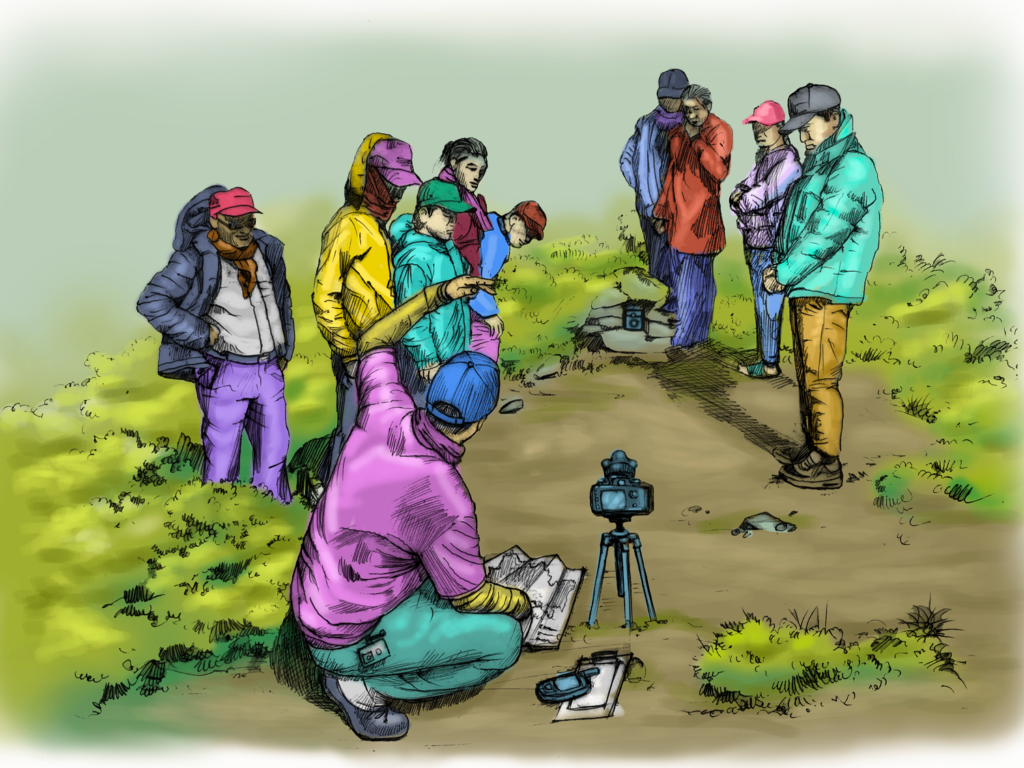
UKALI is dedicated to improving biodiversity conservation efforts by focusing on capacity building among local communities. One key initiative involves training local youths in biodiversity survey and monitoring techniques, including handling of equipment like GPS and camera traps, as well as building their capacity in small-scale conservation project management. The goal of this training is to develop leadership skills among these youths and promote them as Citizen Scientists.
Additionally, the project aims to strengthen and build the capacity of various local stakeholders, including rural municipalities, youth clubs, women’s groups, herders, community forest user groups, and other community institutions on biodiversity monitoring, sustainable use, and conservation.
The Upper Karnali Landscape is the largest continuous non-protected area in Nepal, covering an area of about 6000 sq. km. It is remote and rich in biodiversity, providing an important basis for the rural economy. Agriculture is subsistence-based and supported by livestock husbandry since only 1% of the total land is suitable for farming. As a result, local communities are highly dependent on biodiversity for their livelihoods and income generation.